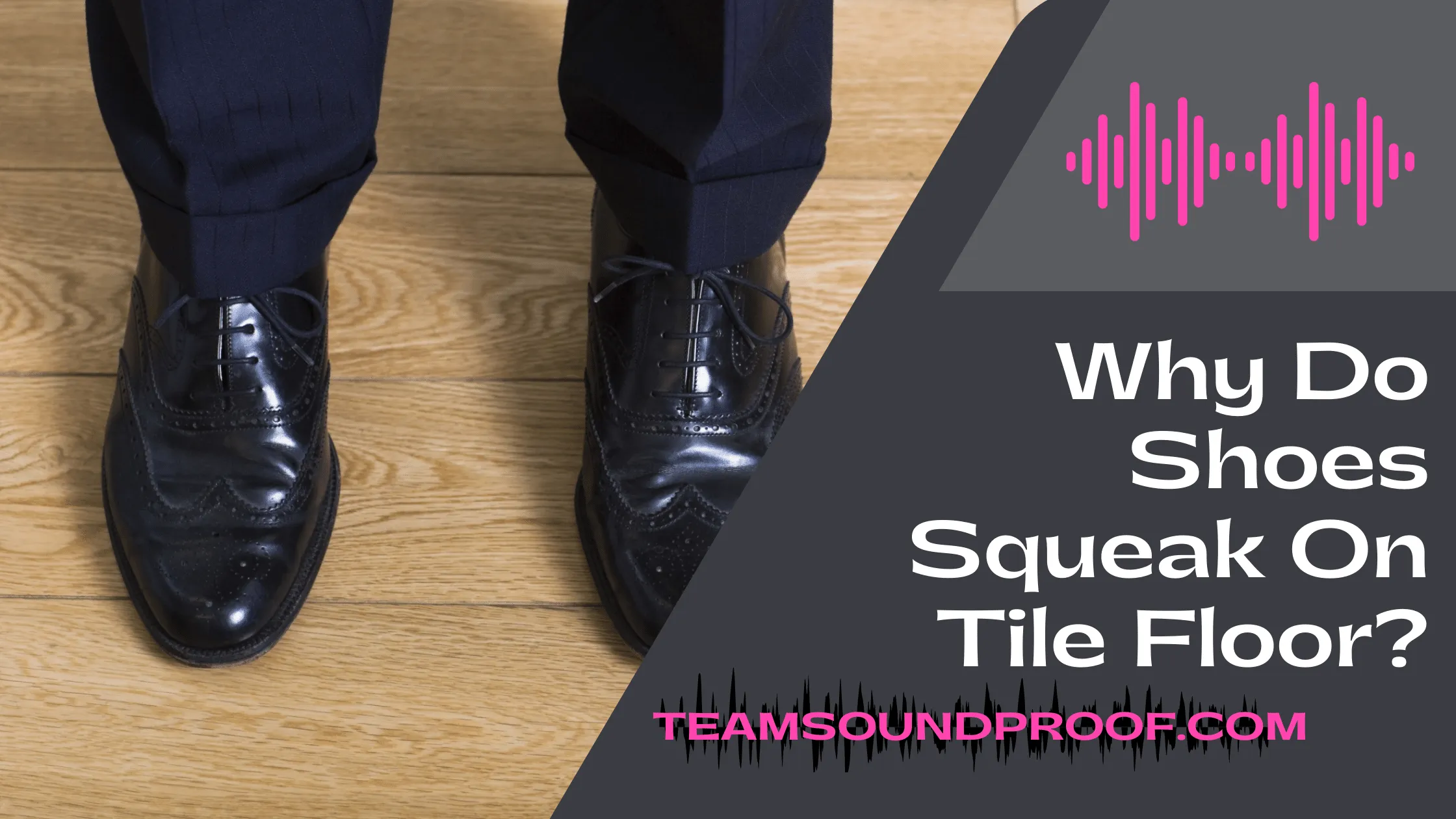This is a question that many fish keepers have, and unfortunately, there isn’t always a straightforward answer. There are a few reasons why this might be the case, and we’ll explore them in this blog post. Keep reading to learn more about why your filter might be noisy and what you can do to reduce the noise level.
Reasons for a Noisy Fish Tank Filter:
There are a few reasons why your fish tank filter might be so loud.
- The filter is dirty and needs to be cleaned. If the filter is clogged with dirt and debris, it will cause the motor to strain and make more noise.
- Its impeller is damaged and needs to be replaced. If the impeller is damaged or broken, it can cause excessive noise when the motor operates.
- The water level in the tank is too low. When there isn’t enough water in the tank, it creates more air space around the filters, which causes them to make more noise.
- There’s something caught in the filter. Something caught in the filter (like a rock or a piece of debris) can cause the motor to strain and make more noise.
- The filter isn’t installed correctly. If the filter isn’t installed correctly, it can create excessive noise when the motor operates.
How to Avoid Fish Tank Filters from Noise?
There are a few ways to prevent fish tank filters from noise.
- One way is to place the filter on a piece of rubber or foam to dampen the sound. You can also try placing the filter in a cabinet or closet to muffle the noise.
- Another way is to add some extra tubing between the filter and the tank. This will help absorb some of the sounds.
- Additionally, you can try using a water pump instead of a power filter, as they tend to be quieter.
- Finally, you can experiment with different brands of filters until you find one that is quieter. It may take some trial and error, but eventually, you should be able to find a filter that meets your needs.
How to Fix a Noisy Fish Tank Filter?
There are a few ways to fix a noisy fish tank filter, with complete details below:
Check for Loose Screws or Bolts:
On the motor cover of the filter, several screws or bolts usually hold the cover in place. If any of these are loose, they can cause the entire cover to vibrate and make noise. Try tightening them up and see if that solves the problem.
Check for Foreign Objects:
Sometimes debris or other objects can find their way into the workings of the filter and cause it to jam or rattle. Remove any obstructions you find and see if that stops the noise.
Clean or Re-Oil Bearings
Over time, the bearings in the motor of your filter can get dirty or dry out, causing them to make noise. Try cleaning them with a soft cloth and some light oil (like sewing machine oil) or replacing them entirely if they are too damaged.
Check for Worn Out Gaskets:
If the gaskets that seal the filter housing are old and worn out, they can leak air and cause the filter to make a noise. Try replacing them with new gaskets to see if that helps.
Inspect the Pump:
Finally, if all else fails, it may be time to replace the pump entirely. This is usually a last resort, as pumps are not cheap, but if your filter is very old or heavily used, it may be the only thing that will quiet it down.
Why Is It Important to Fix a Noisy Fish Tank Filter?
There are several reasons why it’s important to fix a noisy fish tank filter.
- A noisy fish tank filter can scare away your fish. In a well-maintained aquarium, the sound of water rushing through the filter is one of the most peaceful and soothing sights and sounds. But an improperly operating or dirty filter can make quite a racket and send your fish fleeing for cover.
- It can reduce the lifespan of your fish. Dirty filters create stress in fish, leading to health problems and shortened lifespans.
- This filter can reduce the quality of your aquarium’s water. If the filter isn’t working properly or is dirty, it will not remove harmful wastes from the water as it should. These wastes will accumulate in the water and can lead to poor water quality and potentially dangerous conditions for your fish.
- It can be a nuisance to you and your family. If the filter is so loud that it disrupts your peace and quiet, it’s time to take action to fix the problem.
- A noisy fish tank filter can signal that something is wrong and needs to be fixed. If the filter is making more noise than usual, it’s possible that something is clogged or broken and needs to be repaired. Taking care of the problem right away can avoid further damage to your filter and keep your aquarium running smoothly.
Conclusion:
After reading this article, you should better understand the different factors that can cause your fish tank filter to be noisy. You also know some possible solutions to quiet it down. If your filter is still too loud after trying all these tips, you may need to replace it with a new one. Thanks for reading, and we hope your fish tank is much quieter now!
Frequently Asked Questions
What are the benefits of a quiet fish tank filter?
A quiet fish tank filter has many benefits, including reducing stress in your fish, improving water quality, and extending the lifespan of your fish. Having a peaceful aquarium can also be more enjoyable for you and your family.
How often should I clean my fish tank filter?
It’s generally recommended to clean your fish tank filter every 4-6 weeks. However, this may vary depending on your filter and the size of your aquarium.






